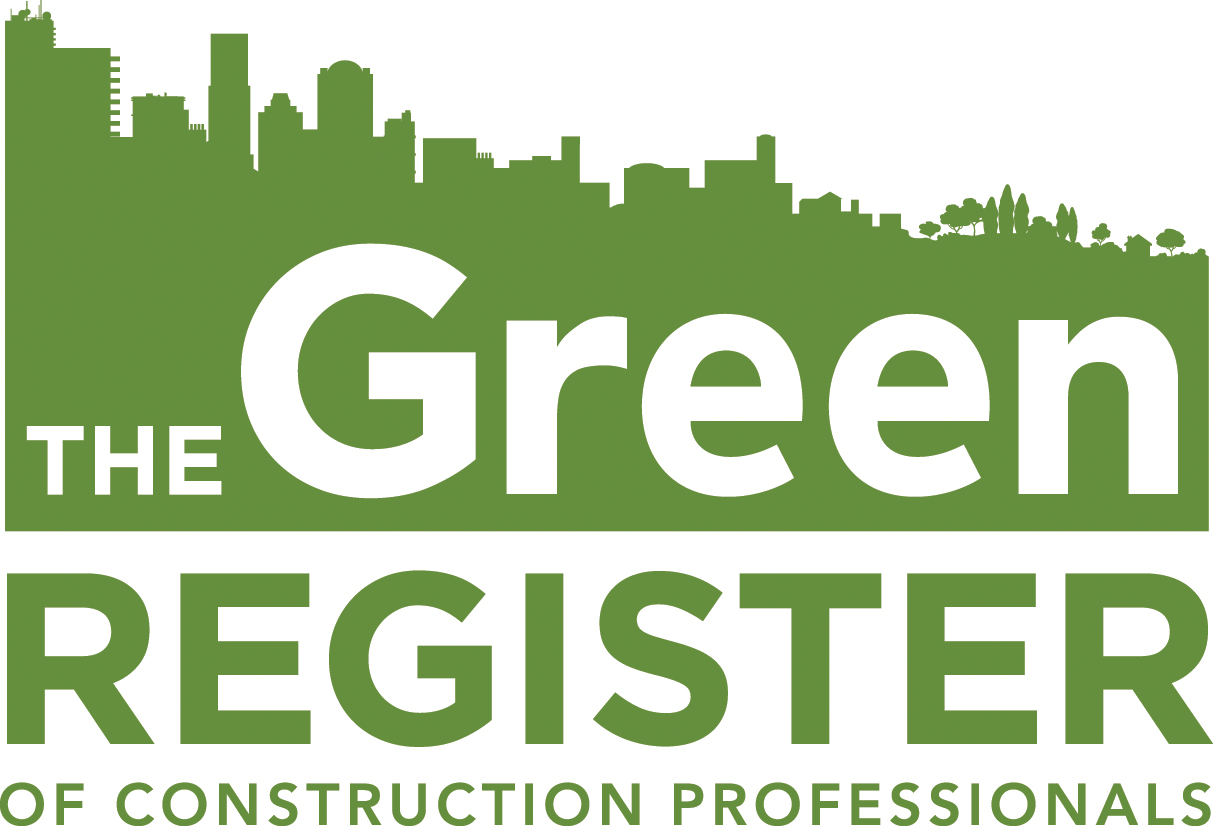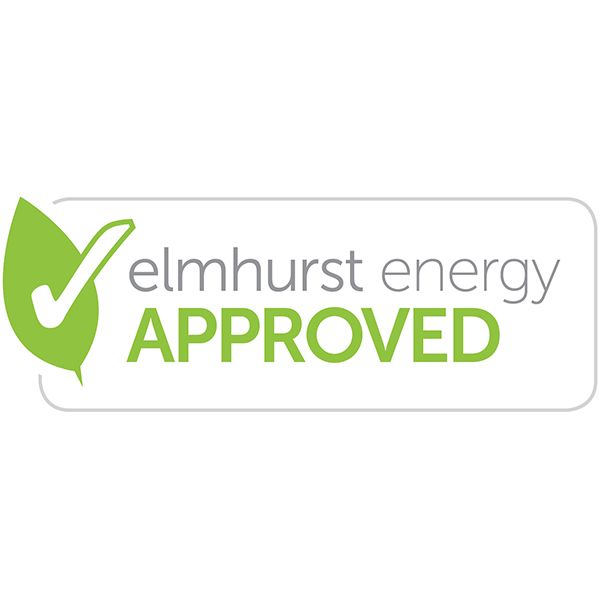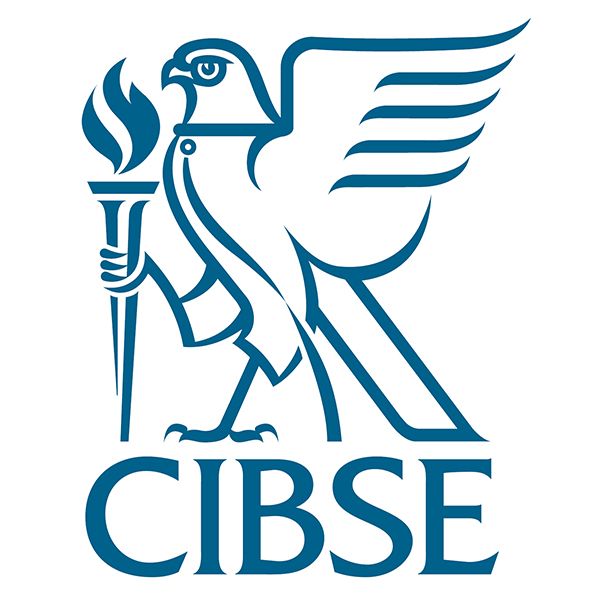Cavity wall insulation improves your home’s energy efficiency by filling the gap between external and internal walls, reducing heat loss and maintaining a consistent indoor temperature. This lowers energy consumption, making your home more comfortable and sustainable, while also cutting down on energy bills. It’s a smart investment for any homeowner looking to reduce their carbon footprint.
Why would you install Cavity Wall Insulation?
Types of Cavity Wall Insulation
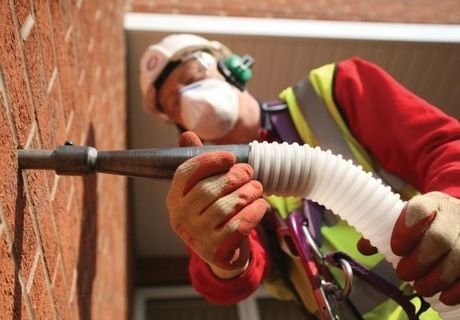
Cavity Wall Insulation: The Process
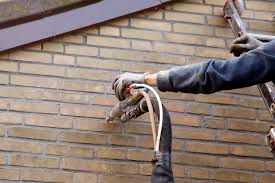
Cavity Wall Insulation FAQs
How We Help
With an emphasis on fabric improvements as part of our overall retrofit projects we aim to upgrade your buildings insulation alongside other recommended renewable technologies such as heat pumps. We can review the current condition of insulation and advise on recommended next steps as well as provide comprehensive quotes.
Our Approach
As part of our home retrofit plan we will review the expected levels of insulation type and cavity for your home. Once we proceed to more detailed investigation for your retrofit we will attempt site to complete a cavity borescope inspection which will allow us to review in detail existing levels of insulation, cavity depth, and further advise you on the most suitable CWI solution for your home.
How Much Will it Cost?
Cavity Wall Insulation is an affordable solution for most homes and price varies depending on the meter squared insulation required alongside insulation type.
As general guidance a standard 2-3 bed property can cost anywhere between £1000 - £3000 for eco-bead insulation.
How Long to Install
Typically cavity wall insulation is applied through external holes in the building with minimal disruption to the interior. This process can usually be carried out within one day, building size dependent.
Product guarantee
Whilst insulation usually does not come with a guarantee, the majority of modern insulation methods deteriorate at a very slow rate and re-application would usually be expected after 25 years.
Interested in installing your own Cavity Wall Insulation?
Get in touch with us today for a personalised quote.
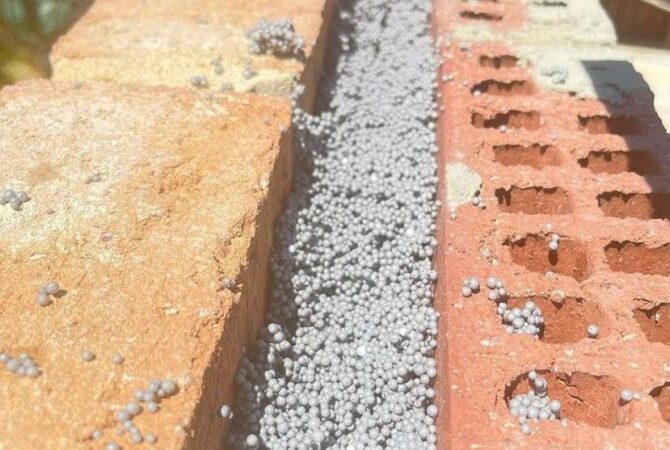
Our Accreditations


